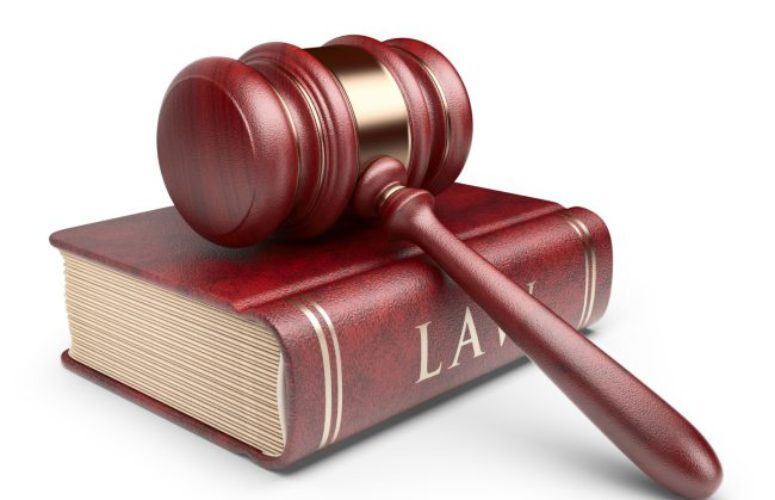
The Perils of Salespeople: Keeping Trade Secrets, Secret
By George N. Saliba, Managing Editor On Jan 5, 2018Companies invest tremendous thought and energy into keeping their trade secrets intact. Yet, salespeople, with their adroit oratory skills and typically extraverted personalities, may be inadvertently communicating trade secrets into the broader business community during their everyday activities. Keith Taboada, partner in the New Jersey Patterson + Sheridan office, says that regarding a product, for example, a firm may have a better price point than its competitor.
He explains, “Well, why is that? Do you have special vendors that can deliver subassemblies at a better price? Or, are you using different materials? Is your production facility different in some way? Those are all things that your competitors don’t know. But, when [salespeople] are talking to your potential clients, if [they] let those things out, it can be shared with your competitors as [your clients] try to negotiate the price down between their potential suppliers. Your customer might be sharing that information with your competition.”
And it is not just garrulous salespeople themselves that pose a risk: Do their PowerPoint slides reveal too much information? Taboada says, “[Those slides] shouldn’t be sharing anything such as photographs of the product, unless the photographs really do not show anything that will enable anyone to copy the design. … I see it all the time in PowerPoint presentations … salespeople grab solid models of the equipment or the product. Often, with those models, you can basically figure out the scale of things and [determine] what are the shapes. But, there is also a lot of other detail that might be in the [photograph’s] background.”
In such PowerPoint instances, Toboada suggests that instead of salespeople displaying the actual units of measure (perhaps something operates at a specific pressure range), they might showcase an unlabeled scale to merely reveal that the product has improved performance. Of note, PowerPoint slides may also contain data that belongs to a customer, and then is ferried along to another customer – and thus into the unfettered global marketplace, including seeping into countries such as India and China.
While larger companies have in-house counsel that can educate salespeople about the perils of “saying too much,” outside counsel can be called in to inform salespeople that, in effect – to paraphrase the World War II slogan – “loose lips sink ships.”
Taboada avers that keeping trade secrets, secret “really needs to be something that is adopted by the senior management, to push down.”
Overall, he offers, “People can look at the finished product and say, ‘This is what it looks like when it is supposed to be finished.’ But, nobody knows the steps that you took to make it. Those are the important things that you need to protect: That know-how, of how to do it. And what might seem trivial might actually be a big barrier for somebody to copying something, at the same cost or quality.”
Related Articles:





